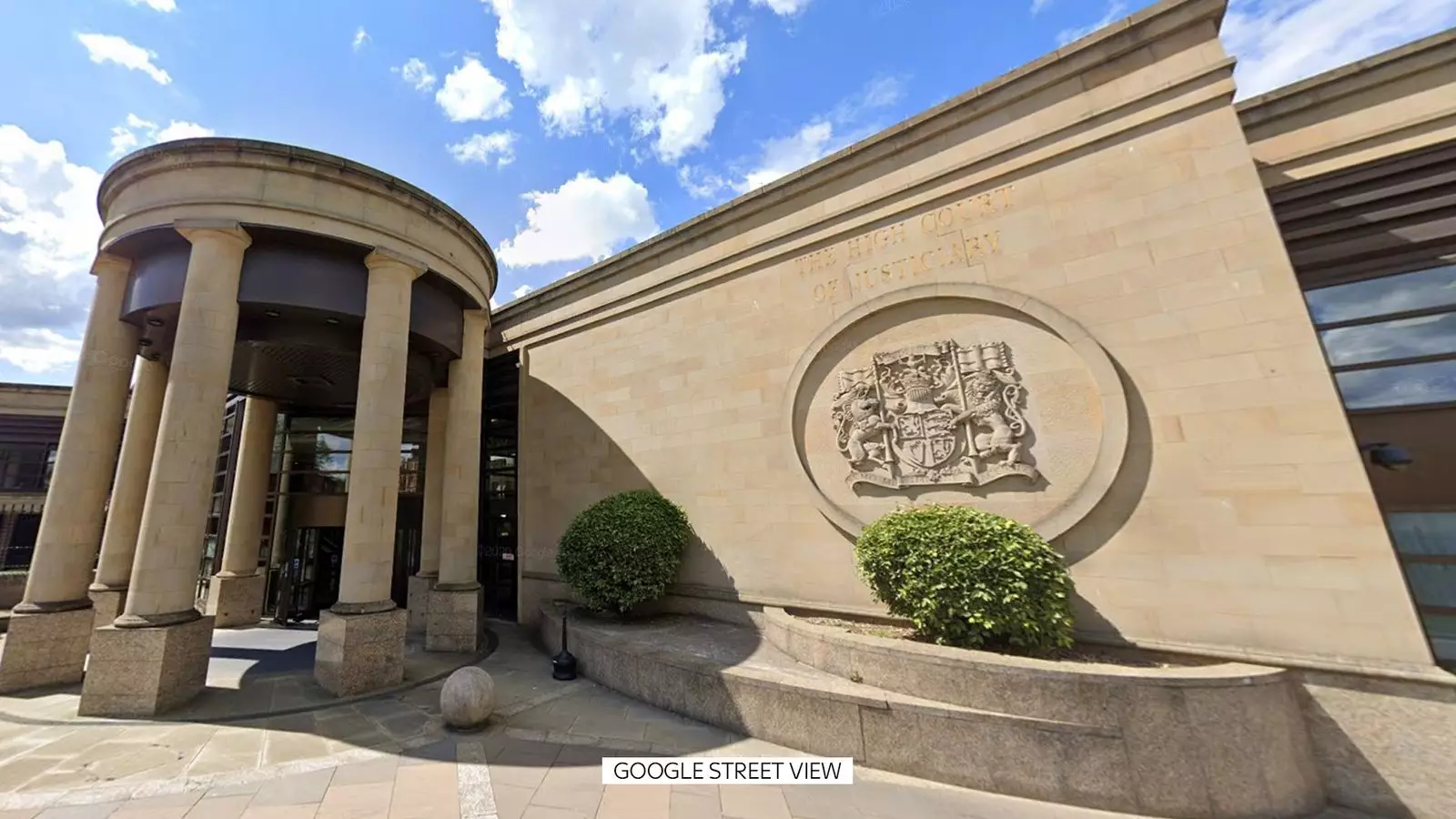In an unsettling case that exposes the darker side of trust placed in healthcare professionals, Stephen Doohan, a paramedic entrusted with saving lives, betrayed his most fundamental duty to do no harm. His actions—secretly administering an abortion-inducing drug during intimate moments with a vulnerable woman—highlight how power, when misused, can devastate innocent lives. This scandal shakes the very foundations of public confidence in those sworn to heal and protect, revealing that even institutions seen as bastions of care are susceptible to corruption and moral failure.
The severity of Doohan’s misconduct extends beyond the act itself; it symbolizes a profound violation of professional ethics. Healthcare workers hold a unique position of authority and trust, responsibilities that demand unwavering integrity. When that trust is betrayed for personal motives or malicious intent, the consequences ripple through the victim’s psychological and physical well-being for years. Doohan’s clandestine actions, hidden beneath the guise of a caring professional, underscore the necessity of rigorous safeguards and ethical oversight within medical and emergency services. This case painfully illustrates how the veneer of authority can sometimes mask predatory behavior, transforming a trusted figure into a source of harm.
The Human Toll and Cultural Silence
At the core of this story lies an individual’s tragic suffering—physical, emotional, and psychological. The woman involved, whose life was upended by this calculated assault, exhibited extraordinary courage in coming forward. Her ordeal was magnified by the betrayal of her trust and the betrayal of her body. Her decision to seek justice reflects a broader societal challenge: how often do victims of such abuse remain silent due to fear, stigma, or systemic failures?
This case also exposes the cultural silence that often surrounds sexual assault, especially when intertwined with medical contexts. Society tends to scrutinize victims more harshly than perpetrators, perpetuating a climate in which accountability becomes difficult. Yet, her bravery in confronting her abuser and reporting the crime signals a crucial step toward breaking the cycle of silence. Her story should serve as a rallying cry for systems to better support victims, affirm their voices, and root out abuses masked as care.
The Fight Against Abuse and Institutional Accountability
While the judicial outcome—the imprisonment of Doohan—serves as a necessary punishment, it also prompts reflection on institutional responsibility. The court’s acknowledgment that a medical professional used work resources to plan and execute a calculated assault highlights the dangerous complacency that can exist within trusted institutions. How was such a breach of trust enabled or overlooked? Were there signs or warnings that could have prevented this tragedy?
This question casts a harsh light on the importance of preventative measures, enhanced oversight, and rigorous screening within emergency services and healthcare. Institutions must foster a culture where ethical lapses are urgently addressed, and whistleblowers are protected. The law sent a clear message that abuse of authority—especially by those sworn to heal—will carry severe consequences. Yet, true justice extends beyond punishment; it involves cultivating an environment of accountability, empathy, and unwavering integrity.
The Societal Reflection and the Path Forward
This case forces society to confront uncomfortable truths about power dynamics and vulnerabilities within our most trusted professions. It challenges us to question how systemic flaws and individual malfeasance can intersect, creating opportunities for harm. It also prompts a broader discussion about the emotional scars left in the wake of betrayal—long-term psychological trauma that millions of women and vulnerable individuals face when their trust is exploited.
As much as justice has been served in this striking case, the story should serve as a catalyst for reform. Medical and emergency services need stringent protocols that prioritize the dignity and safety of patients above all else. Protecting the vulnerable requires more than legal consequences; it demands a cultural shift toward transparency, accountability, and ongoing ethical education.
While the legal system rightly punishes Doohan, the deeper challenge is to ensure that such breaches do not recur. Society must demand not only justice for individual victims but also systemic safeguards that uphold the integrity of care providers. Only then can we hope to restore faith in the institutions meant to serve and safeguard us—institutions that must serve as moral beacons, not shadows of betrayal.
—
This critical examination underscores that trust is fragile and must be vigilantly protected. When it is violated, the repercussions are devastating, and society must respond with unwavering resolve to prevent future harm.

